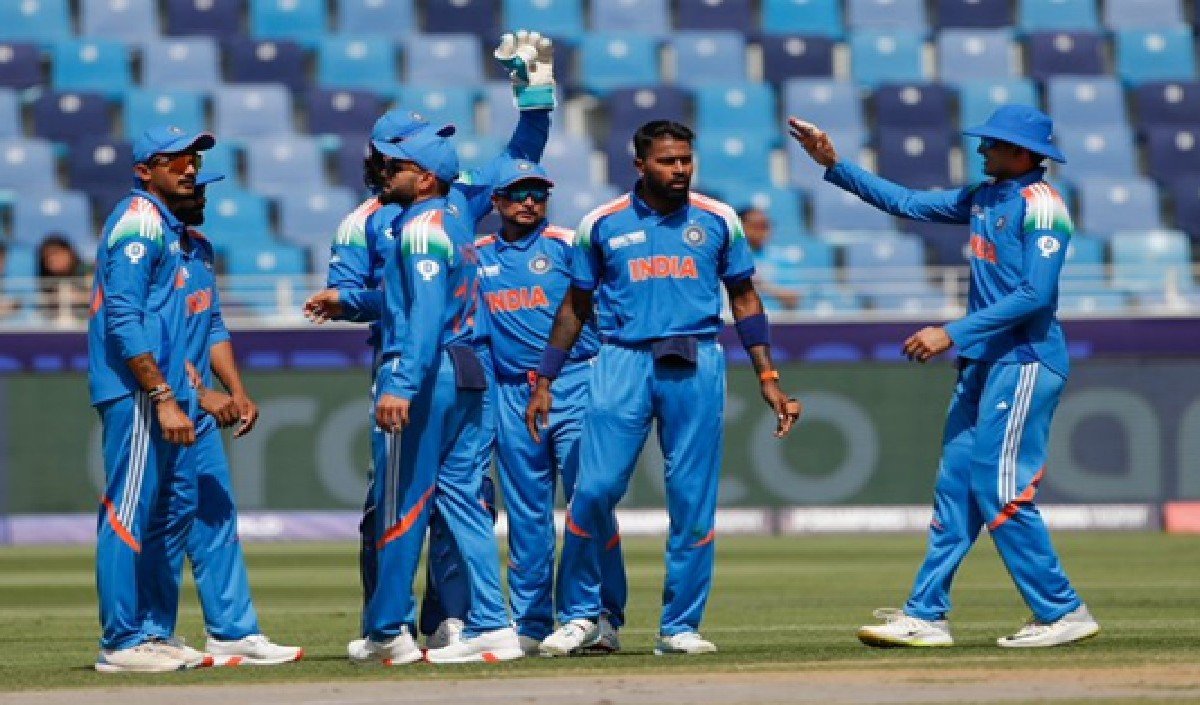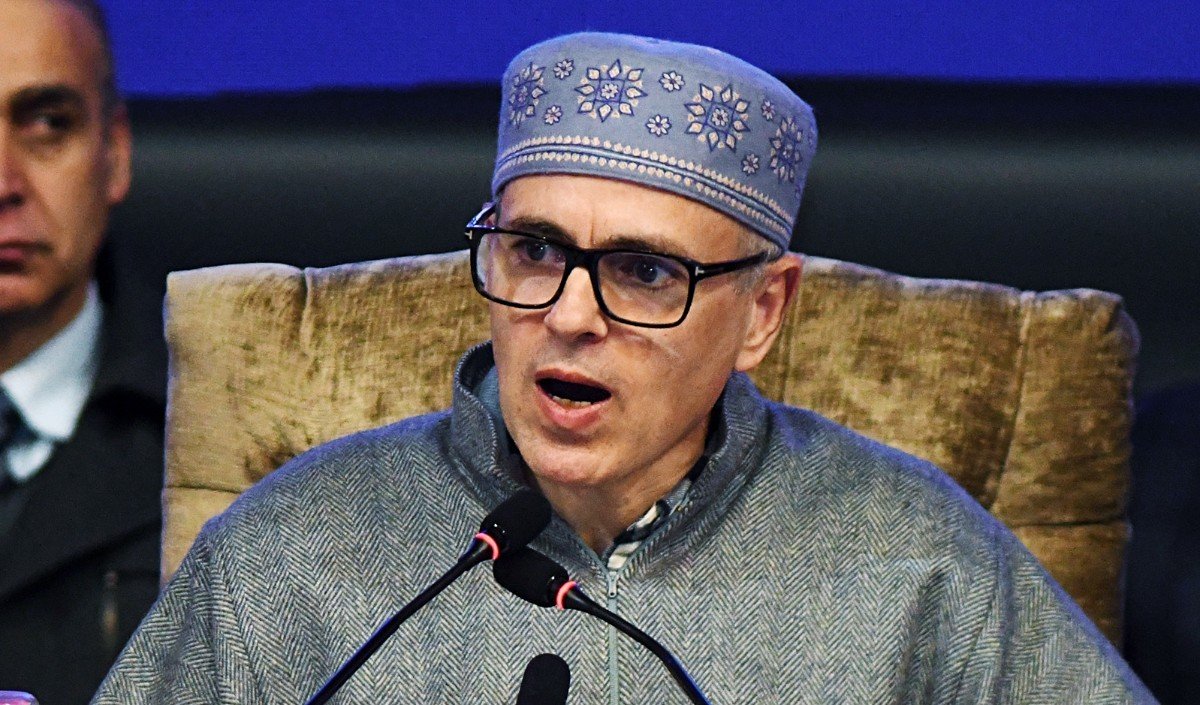Before Ramadan, the UAE showed an important indication of mercy and forgive the prisoners on a large scale. According to official orders, more than 500 prisoners are Indian citizens among the people who have been pardoned. UAE President Sheikh Mohammed bin Zayed Al Nahyan ordered the release of 1,295 prisoners, while Prime Minister Sheikh Mohammed bin Rashid Al Maktoom gave up 1,518 prisoners. These orders were implemented in late February. This pardon applies to individuals of various nationalities who were placed in corrective and punitive facilities in Dubai. Dubai’s Attorney General, Chancellor ESSA al-Humaidan said that the decision reflects Sheikh Mohammed’s dedication to give a new beginning to those who have served their sentence.
Also read: Ramadan Mubarak! Trump’s iftar party in the White House, why there was a ruckus
Legal procedures are going on
The Attorney General of Dubai also confirmed that Dubai Public Prosecution in coordination with the Dubai Police has begun to implement legal processes for his release. The purpose of pardon is to allow them to re -join their families and re -involve the society. This indication of pardon underlines the UAE’s commitment to strengthen justice, compassion and diplomatic relations with India. The UAE has continued its annual tradition of waiving prisoners during Ramadan. The Act, aligning with the spirit of the Holy month, serves as a powerful symbol of mercy and reconciliation.
Also read: Muslim organizations will not attend Nitish Kumar’s Iftar party, what will be affected by this boycott on Bihar assembly elections?
Government will settle financial obligations
Along with forgiving the prisoners, the government of Sheikh Mohammed bin Zayed has also resolved to settle the financial obligations of the prisoners released. The purpose of this initiative is to reduce the challenges faced by prisoners and their families, promote stability in homes and allow them to make a new beginning without financial burden. As part of the long -standing tradition of the UAE, the annual Ramadan pardon reflects the country’s mercy and commitment to other occasions. According to the values of the Holy month, this step emphasizes forgiveness, compassion and rehabilitation. Additionally, collective release helps reduce the gel population, which promotes social stability.



